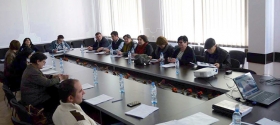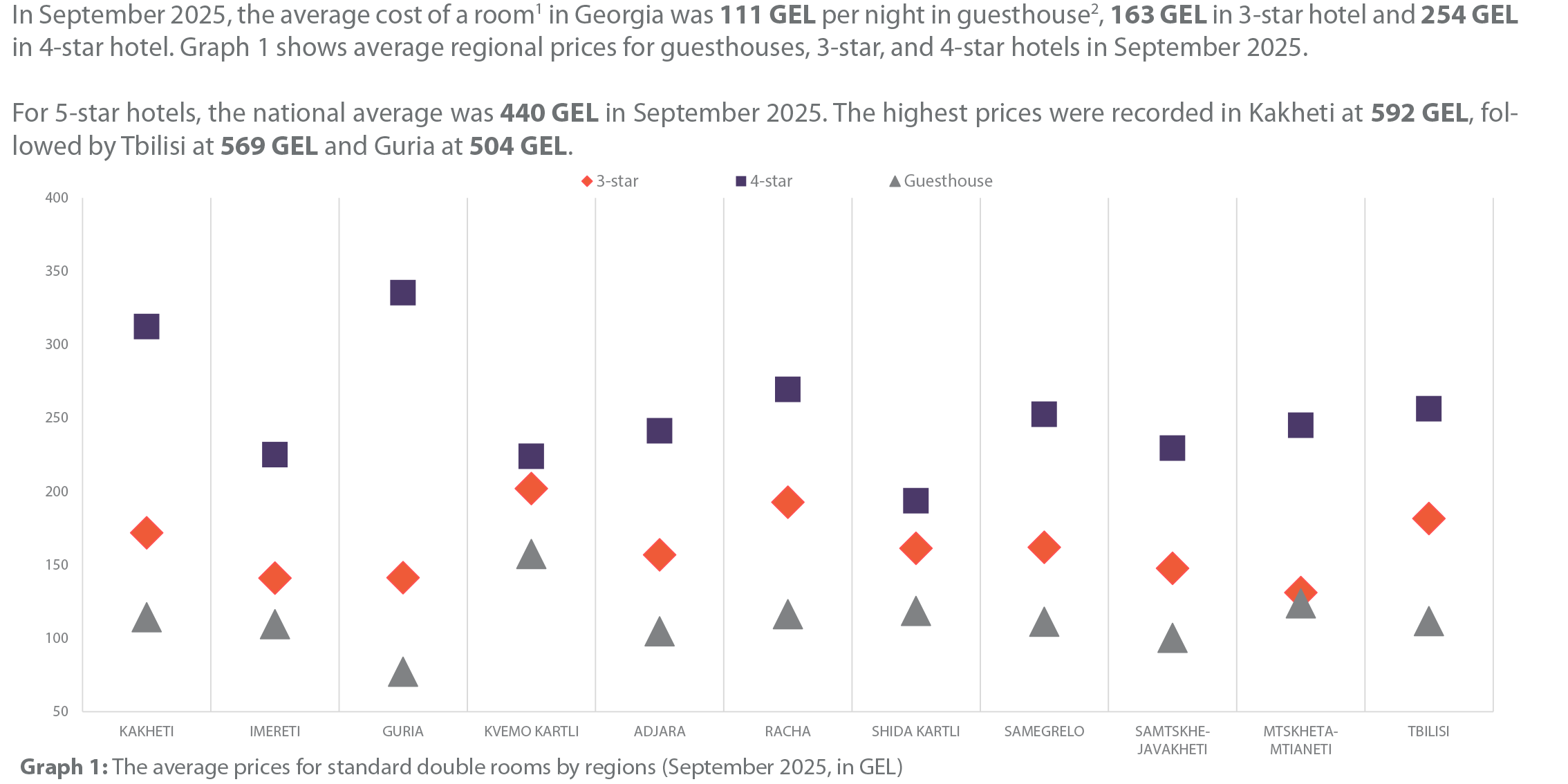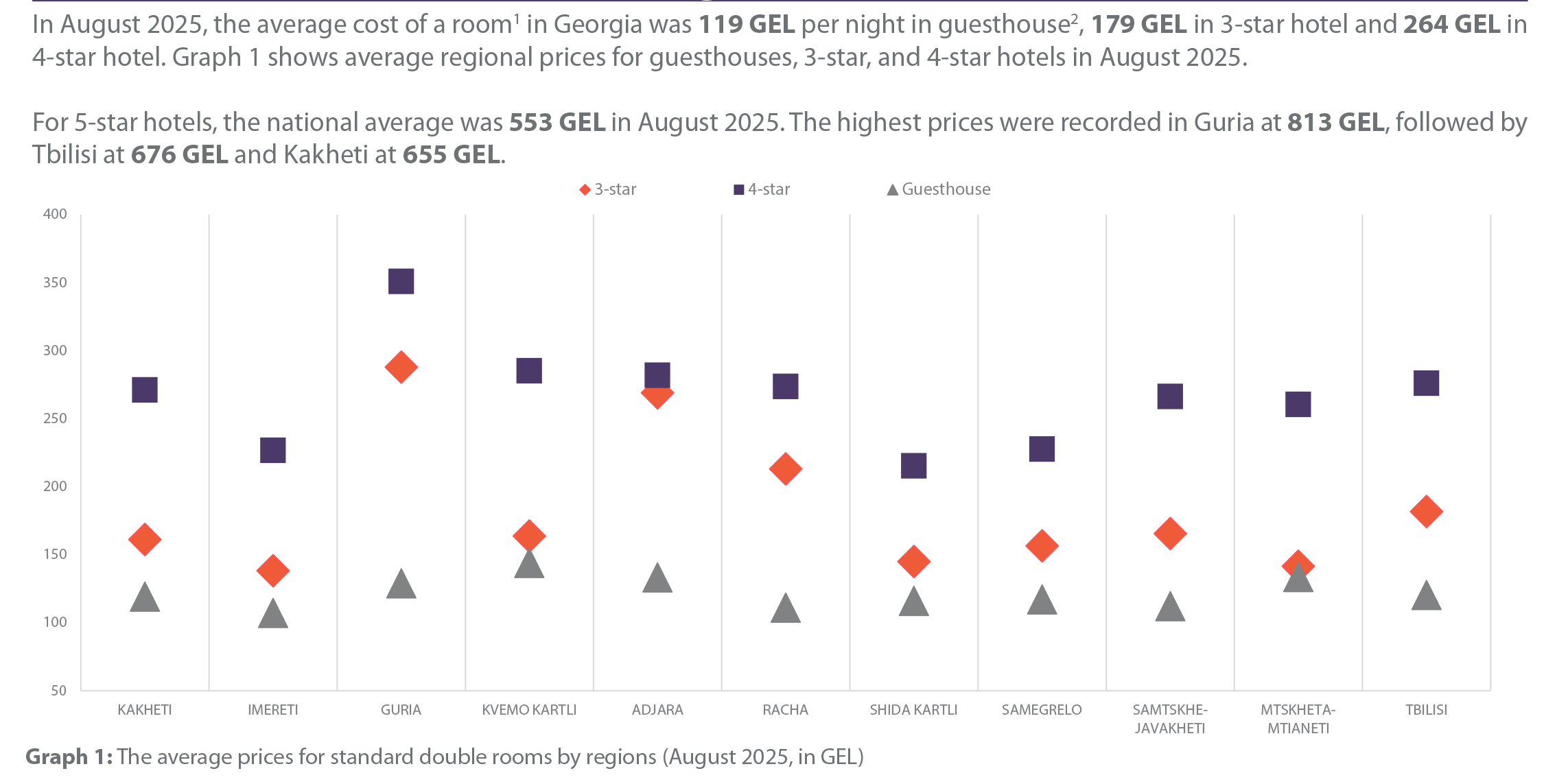
Preparing Ground for Effective Cross-Border Electricity Trading
May, 2016

Starting up Cooperation with Partners in China
May, 2016

Developing Reliable Mechanisms for Public Cash Management
May, 2016

Supporting Georgia to Identify Priority Sectors for FDI
Apr, 2016

Assisting Policy Analysis, Strategic Planning and Coordination Department (PASPCD) to develop Policy Planning Manual
Apr, 2016

Empowering Modern Research Practices of Regional Agriculture-Related Institutions in Georgia
Apr, 2016

Strategic Plan and Action Plan Developed for Central Harmonization Unit
Apr, 2016

Supporting Kosovo to Boost its Tourism Sector
Apr, 2016

Supporting Civil Service Bureau to develop Job Evaluation Methodology
Apr, 2016

Strengthening the Human Resource Capacity of the Civil Service Bureau of Georgia
Mar, 2016














